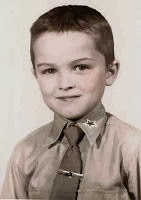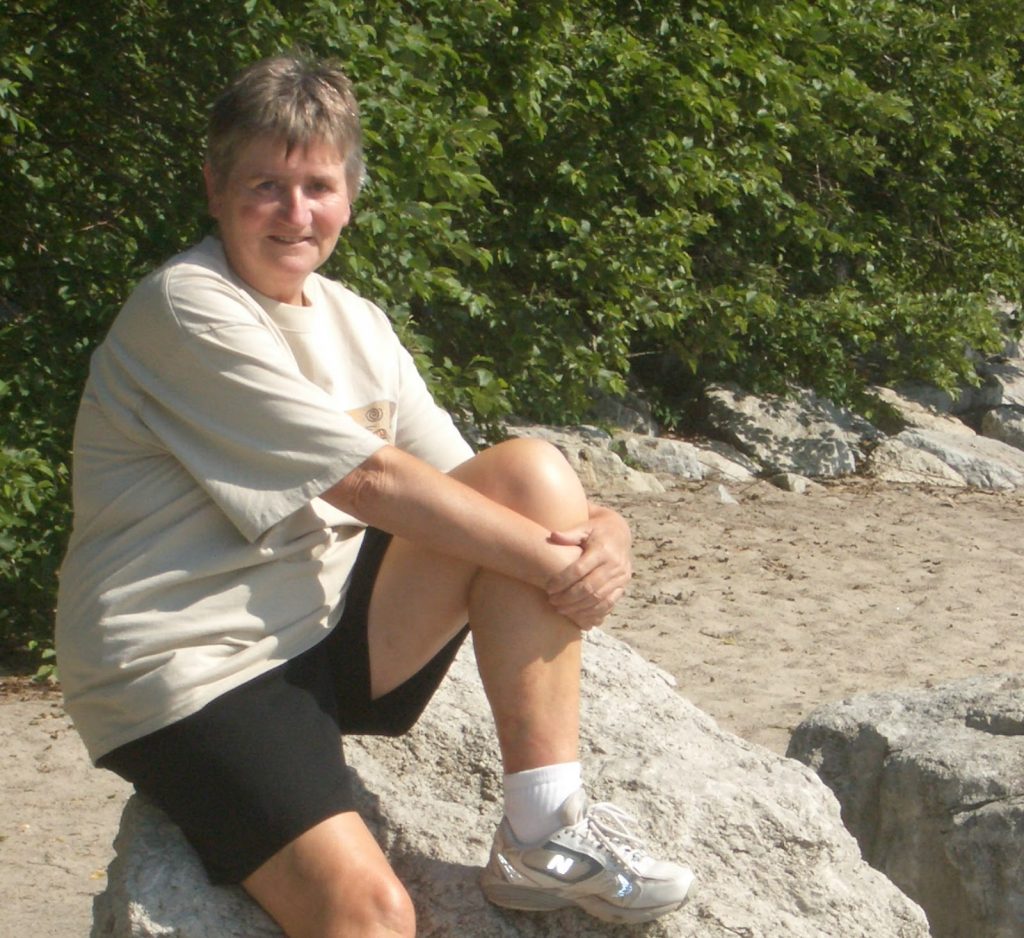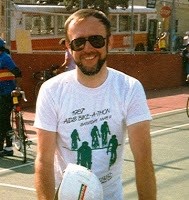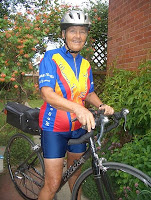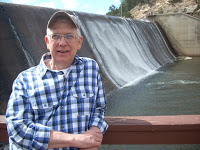Tag, you’re it! — In modern adult parlance that would be a text or voice mail message expressing mild annoyance over a non-entertaining game of phone-tag; frustration building along with unrequited curiosity. How long has it been since you have played a real game of tag? Who was it with? How old were you? Do you remember any of the other player’s names and descriptions? Were they friends, relatives, or only acquaintances? Where was the game played; in the forest, your yard, their yard, or on a school playground? Can you recall the type of weather, clouds in the sky, smell of the grass, sounds of laughter or ridicule? If you have children, did you play tag with them? If so, were they too fast for you? Did you like the game or hate it? Why?
Alas, I don’t remember clearly any games of tag; only that I did play it at various times in my youth. I also know that my speed and agility did not keep me safe from becoming “it” just as often as everyone else. It is a real shame that people tend to forget most of their childhood fun and game activities in detail. Details that would come in handy during later years when “happy thoughts” can raise us to a better mood or even take us on an adventure in Neverland, if we could find a fairy, full of dust who doesn’t mind being shaken (not stirred).
Let’s Play Chicken — That was another game from my early sexual awakening. I only got to play it once but it ended up being highly satisfying. Without going into much detail and leaving most to your imagination; I will say this much. The game is played by repeatedly taking turns touching someone in different places until one of the players says, “stop”. That player is then named “chicken”. When I played, neither the other boy nor I said “stop” so we both won and then moved on to other games.
Old Mother Hubbard — That nursery rhyme seems to mimic my financial life at this time. When I go to the cupboard to get my cats or bird some food, there it is, but when I go to the refrigerator or cupboards to get me some food, there is nothing to eat. Well, actually there is food available but it all looks foreign and I just can’t bring myself to eat fish heads and tiny dried octopi or most Russian food. One major exception is borscht, which I love. I used to tell my wife that if she ever died before me, I’d have to get married within a week or starve to death. Well, she did and I didn’t, but I’ve not eaten well at home ever since.
Disney’s Wonderful World – I’ve always loved any movie made by Walt Disney. I’ve even enjoyed some of their “Touchstone” productions, but my primary love is with Disney’s animated productions from 1949 forward. Yes, there were a few years where they experimented with weird forms of animation but they quickly abandoned it. I especially liked their blending of live actors and animation as in “Song of the South”, “Mary Poppins”, “Pete’s Dragon”, “Bedknobs & Broomsticks”, and “Tron”.
I should mention again that I also enjoy any non-animated Disney movie and will choose to watch them on TV over the more violent-laden non-Disney, non-family oriented films.
On this day before Saint Valentine’s Day in 2012, I’ll give a “shout out” to my favorite three little words, I LOVE DISNEY (always have and always will).
© 13 February 2012
About the Author
I was born in June of 1948 in Los Angeles, living first in Lawndale and then in Redondo Beach. Just prior to turning 8 years old in 1956, I began living with my grandparents on their farm in Isanti County, Minnesota for two years during which time my parents divorced.
When united with my mother and stepfather two years later in 1958, I lived first at Emerald Bay and then at South Lake Tahoe, California, graduating from South Tahoe High School in 1966. After three tours of duty with the Air Force, I moved to Denver, Colorado where I lived with my wife and four children until her passing away from complications of breast cancer four days after the 9-11 terrorist attack.
I came out as a gay man in the summer of 2010. I find writing these memories to be therapeutic.
My story blog is TheTahoeBoy.Blogspot.com
